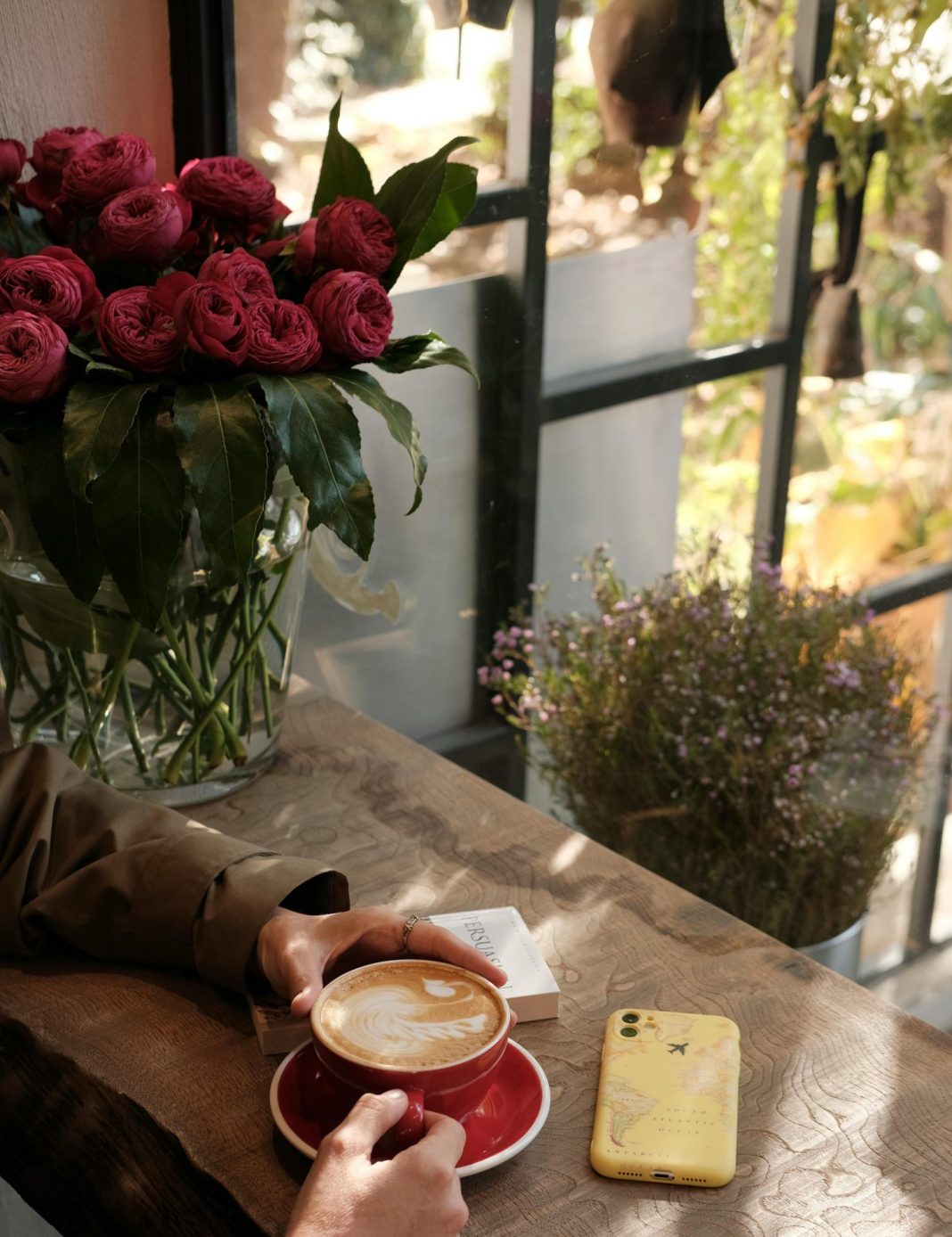It is by now firmly established that this digital era has embarked upon an assault on our ability to concentrate. It only takes turning your phone on after a three-hour exam to realise that we receive staggering volumes of content in the span of mere hours. Hit by an open floodgate of missed content notifications, you are met primarily by a diverse flurry of TikToks, Instagram reels, and YouTube shorts, interspersed with commercial news announcing new drops, discounts and deals, and bulked out with an ungodly volume of emails and messages – which vary in relevance from painfully extraneous to critically important. The diversity present in the average punter’s notification centre puts most institutions to shame.
It’s no wonder that attention spans are flagging. Numerous studies link short-form content to declining cognitive function. But the problem extends far beyond entertainment. It’s not as if we can simply delete social media and our brains are healed: we are obliged to remain on standby to receive texts from friends and family. We must also stay abreast of all university email correspondences. At the same time, we’re keeping track of recent orders, which were made bleary-eyed after scrolling through endless pages of the same product on Amazon. Just to find clothes you like, you must bravely trawl through blurs of garments you’d never look twice at in shops. Perhaps you find one you like; congratulations! Your success is followed by a lifetime of promotional deluge begging you to avail of a sale. Then you open TikTok to relax a little, and you disappear into your mind for two hours – only becoming physically present again because you’ve moved to prevent a pressure sore.
Evidently, I’m disillusioned with the constant attention my devices demand from me. However, it’s not only that; to my dismay, it coincided with an aversion to the once-enjoyable, meditative, and mind-numbing activity of scrolling (or perusing) on my phone. Regardless of the platform, before long, scrolling renders me unsettled, disinterested, and somewhat overwhelmed by all that I see. It’s most noticeable with TikTok, which surprised me, as I was a regular indulger. Despite sounding like a ‘pick me’, I can promise that – from the sidelines – I appreciate the appeal of an app that can engulf you in its digital sphere, instantly connect you with a cultural touchstone, all while severing you from every trace of real-life concern. It’s absolutely not that I have steely self-control, or that I’ve deleted the app; rather, it’s as though my brain has developed some kind of immunity to it. If I’m on the app, I’ll be scrolling at a sloth’s pace, watching each clip around five to eight times, searching the visual or audio for something new every time. It’s not enough to just watch it once – it feels too brief, and I can only describe it as a sense that I’m simply not ready to move on.
Conducting my own research on this odd phenomenon, I’ve described this experience to others, who often reply that they’ve experienced a similar disillusionment. While most relate to the shopping-induced mental fatigue of online browsing, there are some who identify with the tangible intensity of opening the ‘For You’ page on TikTok. I came to wonder if my slower approach to this unlimited ether of stimuli is potentially my mind belligerently slowing the pace at which I can enjoy short-form content, in an effort to protect my attention span. After all, I exercise concentration too regularly for it to be broken down by the newest dance trend – and when paired with the prospect that I might be sabotaging my chance of surviving a three-hour collection, it means that eroding my attention span is simply not an option. Perhaps, then, what is evolving is merely a compromise between a large workload and remaining culturally in touch.


